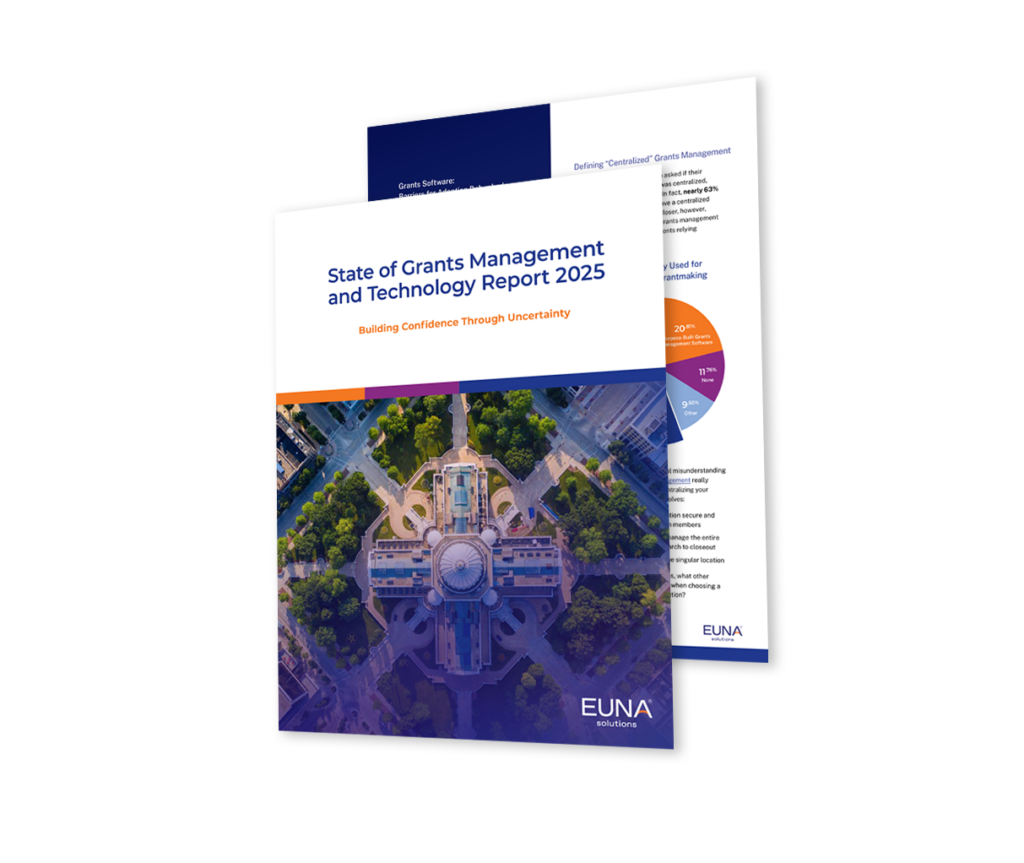Recent reports, including a Route Fifty article, highlight a growing concern among cities across the United States: significant budget gaps driven by rising expenditures and softening revenues.
As municipalities grapple with these financial challenges, it is crucial to adopt strategic approaches that balance immediate fiscal needs with long-term sustainability. Leveraging modern technology, like Euna’s suite of financial and administrative solutions, can play a pivotal role in this balancing act.
The Current Landscape: Economic and Political Trends
Economic pressures such as downtown revitalization, housing and homelessness issues, deferred maintenance, public safety needs, and escalating wages are major contributors to budget shortfalls. For instance, Los Angeles faces a $400 million gap, while San Francisco contends with an estimated $800 million shortfall over two years. These issues are not confined to large cities; smaller municipalities are also feeling the strain as costs rise and revenues falter (Voice of OC, Pew Charitable Trusts).
Moreover, changes spurred by the pandemic, such as shifts in work, living, and shopping patterns, have led to a redistribution of tax revenues. Cities that relied heavily on federal pandemic relief funds are now facing significant budgetary pain as these one-time resources dry up (Pew Charitable Trusts).
According to the Route Fifty article, Shayne Kavanagh from the Government Finance Officers Association (GFOA) states, “Anytime you inject a bunch of money and then it goes away, you’re going to be creating a disruption.” This sentiment is echoed by officials across the country as they navigate the transition away from temporary federal funds.
GFOA Guidance: Effective vs. Risky Strategies
GFOA offers invaluable guidance on managing budget gaps through its Fiscal First Aid program. This program outlines primary (lower risk) and riskier treatments for budget balancing:
Primary Treatments:
- Efficiency Improvements: Streamlining operations and reducing waste.
- Revenue Enhancements: Modifying fee structures or optimizing tax collections.
Riskier Treatments:
- Across-the-Board Cuts: Indiscriminate cuts can harm essential services disproportionately.
- Eliminating Vacant Positions: Strategic missteps, especially in already understaffed areas.
- Deferring Maintenance: Leads to higher future costs due to infrastructure degradation.
- Using One-Time Funds: Reliance on finite resources without sustainable plans (GFOA Report).
The Role of Technology in Fiscal Recovery
Modern technology solutions like those offered by Euna Solutions® are indispensable in today’s fiscal environment. They provide the tools needed to implement GFOA’s recommended strategies, allowing for:
- Data-Driven Decision Making: Enhanced data analytics for better forecasting and planning.
- Transparency and Accountability: Improved financial reporting and tracking to build trust with stakeholders.
- Operational Efficiency: Streamlined processes that reduce administrative burdens and costs (Voice of OC, Pew Charitable Trusts).
Leveraging Euna’s Solutions for Strategic Budget Management
As cities across the United States navigate increasing budget gaps, adopting strategic approaches informed by GFOA guidance and leveraging advanced technological solutions is essential.
Euna’s suite of products provides the capabilities needed to manage budgets effectively, ensuring that cities can maintain essential services and achieve long-term fiscal health. By integrating these tools and strategies, municipalities can turn financial challenges into opportunities for greater efficiency and resilience.
- Euna Budget: Designed for detailed financial planning and analysis, it helps cities identify and prioritize spending, ensuring that essential services are maintained while optimizing resource allocation. Advanced analytics and reporting capabilities enable city officials to monitor budget performance in real-time and make adjustments as needed to address emerging fiscal challenges.
- Euna Procurement: By streamlining procurement processes, cities can achieve cost savings and improve efficiency, reducing the overall expenditure burden.
- Euna Payments: Facilitates efficient financial transactions, ensuring funds are used effectively and transparently.
- Euna Grants: Ensures effective grant management, helping municipalities maximize their funding opportunities.
Explore how Euna Solutions’ suite of tools can help—schedule a call with one of our experts.
